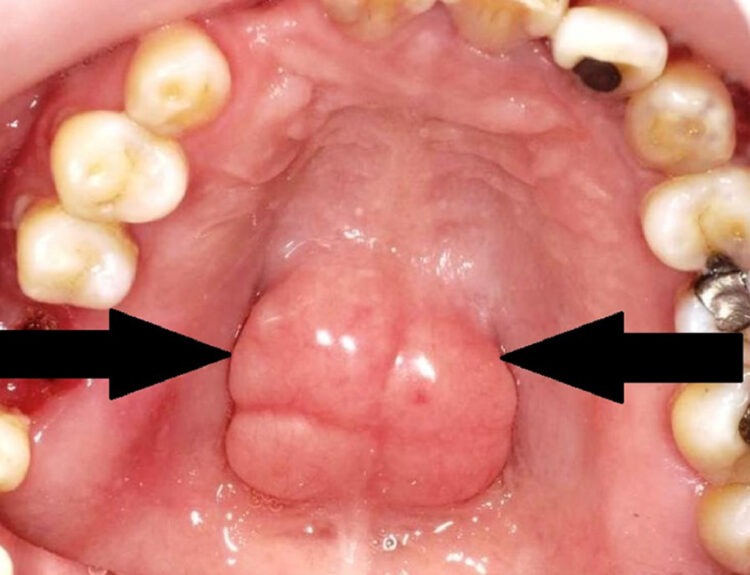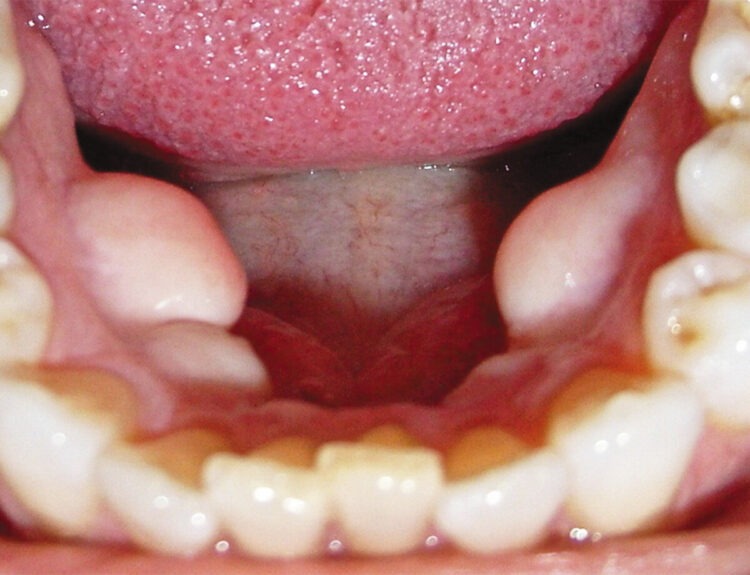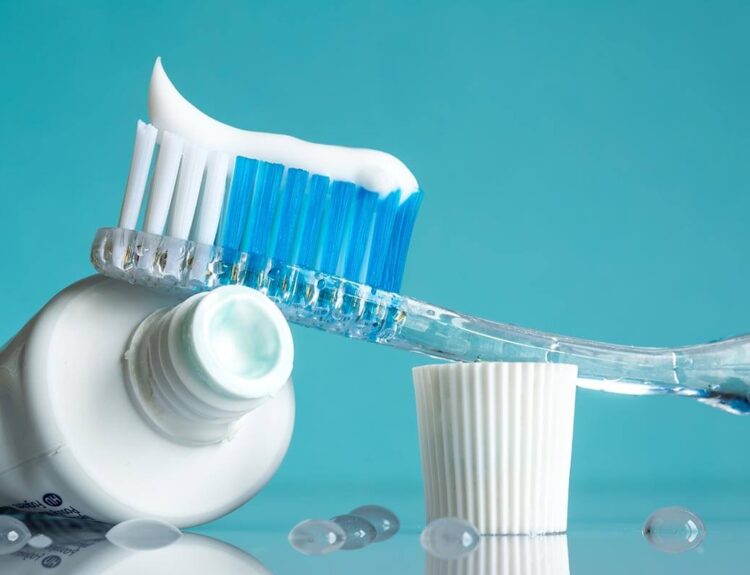Taking care of kids’ teeth is as important as taking care of their body health. Good oral hygiene habits are essential for children’s dental health and general well-being. Childhood is a period when most people develop cavities; hence, it is essential to ensure that children learn good oral hygiene practices from a young age.
We all know that children learn and follow by observing their parents and elders. Practice good oral hygiene yourself and let your children see you brushing and flossing. Make it a family routine, and they’ll be more likely to adopt these habits.
- When should baby’s dental care begin?
It will surprise you to learn that dental care should begin even before your baby’s first tooth emerges. After feedings, gently wipe your baby’s gums with a clean, damp cloth or a silicone finger brush. This helps remove milk residue and introduces your baby to the sensation of having their mouth cleaned.
- When should a Baby Brush be introduced?
Once the first tooth makes its appearance (usually around 6 months), it’s time to introduce a soft-bristled, age-appropriate toothbrush. Use a tiny smear of fluoride for children under three years old. It should be equal to the size of a grain of rice. For children aged three to six, a pea-sized amount is sufficient.
- Make Brushing Technique a Fun!
Brushing should be a two-minute affair, twice a day. Make it a fun experience by singing a song, using a timer, or letting your child pick their own toothbrush with their favorite character. Teach them to brush all surfaces of their teeth; the outer, inner, and chewing surfaces. Supervise your child’s brushing until they are around 7 or 8 years old to ensure they are doing it effectively. It will ascertain your kids’ teeth future health.
- When should Flossing be introduced?
Once two teeth touch, it is time to introduce flossing. Food particles can get stuck between teeth, leading to cavities. Use child-friendly flossers or regular floss and gently guide it between their teeth. This might require some assistance from you in the beginning.
- Encourage Healthy Eating Habits
Diet plays a significant role in dental health. Limit sugary drinks and snacks, as these contribute to tooth decay. Encourage a balanced diet rich in fruits, vegetables, and dairy products, which are beneficial for strong teeth and bones. Offer water between meals instead of juice or soda.
- Regular Dental Check-ups
The American Academy of Pediatric Dentistry recommends that children have their first dental visit by their first birthday or within six months of their first tooth erupting. Regular check-ups, typically every six months, are crucial for early detection of any issues and for professional cleaning. Your dentist can also advise on fluoride treatments or sealants if necessary. It keeps kids’ teeth protected from decaying.
- Say No to Bottle Before Bed
Never put your baby to bed with a bottle containing milk, formula, or juice. This can lead to “baby bottle tooth decay,” a severe form of cavities caused by prolonged exposure of teeth to sugars. If your baby needs a bottle at bedtime, fill it with water.
Many parents offer their children a cup of milk right before bed, but this common practice unintentionally harms their teeth. When kids fall asleep with milk or juice in their mouths, the sugars create an acidic environment. This acidity is a perfect breeding ground for bacteria, which then work overnight to attack tooth enamel. This constant acid exposure increases cavity risk in older children. To protect your child’s teeth encourage them to stop eating or drinking anything (other than plain water) at least an hour before bedtime. This simple change allows saliva to neutralize any acids and wash away food particles, significantly reducing the risk of cavities.
Read our full disclaimer.




